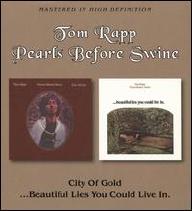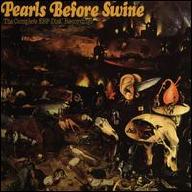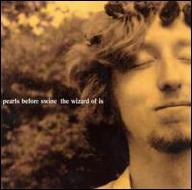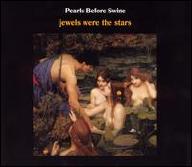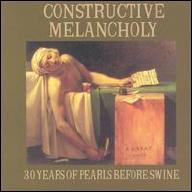The explicitly antiwar Balaklava, widely regarded as Pearls Before Swine's finest work, followed in 1968; the group -- by this time essentially comprising Rapp and whoever else was in the studio at the moment -- moved to Reprise for 1969's These Things Too, mounting their first-ever tour in the wake of releasing The Use of Ashes a year later. Two more albums, City of Gold and Beautiful Lies You Could Live In, followed in 1971; moving to Blue Thumb, Rapp resurfaced as a solo artist with 1972's Stardancer, but upon the release of Sunforest a year later he then retired from music, subsequently becoming a civil rights attorney.
Frequently cited as a key influence by the likes of Damon Naomi, the Bevis Frond, and the Japanese psych band Ghost, Rapp made an unexpected return to live performance in mid-1998 when he appeared at the Terrastock festival in Providence, Rhode Island, joining son Dave and his indie pop band Shy Camp; he soon began work on 1999's A Journal of the Plague Year, his first new LP in over two decades. Constructive Melancholy, a retrospective of Pearls Before Swine's tenure on Reprise, also appeared that same year. This sparked renewed interest in the band, with Water music releasing a box set of the Reprise material in 2003 (Jewels Were the Stars) as well as a set of unreleased demo and live recordings entitled The Wizard of Is. ESP also remastered and combined their first two albums as The Complete ESP-Disk Recordings in 2005. Tom Rapp died in Melbourne in February 2018; he was 70 years old. ~ Jason Ankeny, Rovi
|
1
|
|
Another Time |
|
2
|
|
The Jeweler |
|
3
|
|
Drop Out! |


